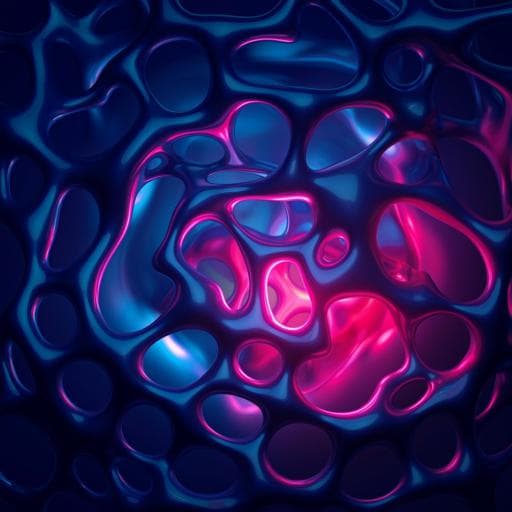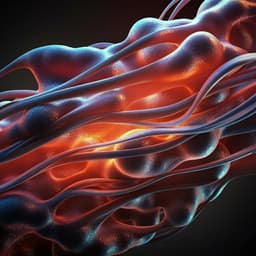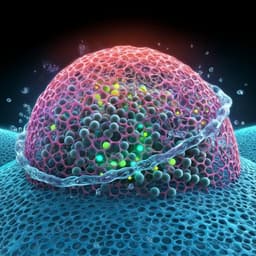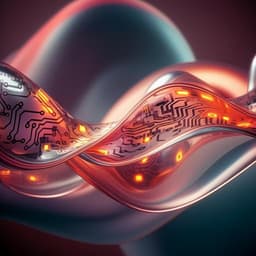
Engineering and Technology
Mechanochromic and thermally reprocessable thermosets for autonomic damage reporting and self-healing coatings
S. Yoon, J. H. Choi, et al.
Discover how researchers Subin Yoon, Jong Ho Choi, Bong June Sung, Joona Bang, and Tae Ann Kim have developed autonomous polymers capable of reporting damage before failure and self-healing. These innovative mechanochromic thermosets not only signal their state through color changes and fluorescence but can also be recycled multiple times, enhancing the durability and reliability of materials.
~3 min • Beginner • English
Related Publications
Explore these studies to deepen your understanding of the subject.







